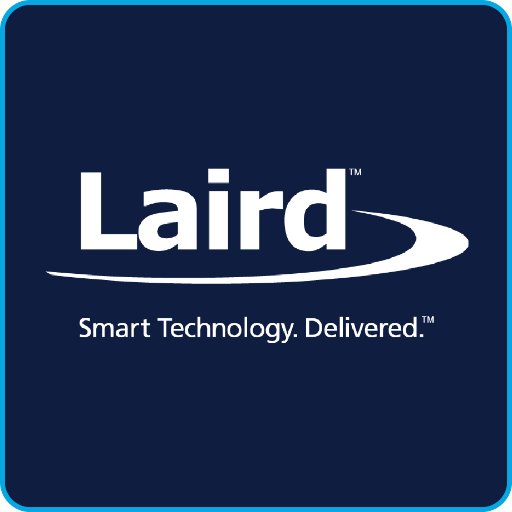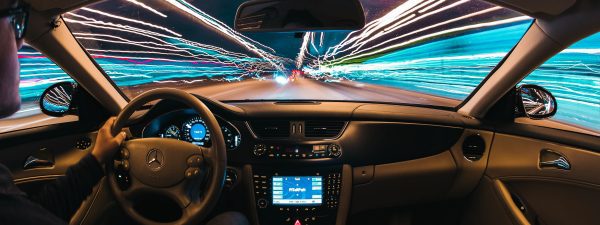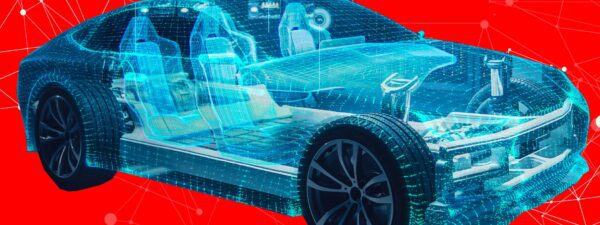Laird announced Tuesday that it is joining an association of blue chip companies and suppliers to help develop mobile communications standards for connected vehicles. It becomes the newest global company to join Munich-based 5G Automotive Association (5GAA), which includes telecommunications firms, automotive companies, and components suppliers. Besides Laird, its members include AUDI AG, BMW Group, Daimler AG, Ericsson, Huawei, Intel, Nokia, Qualcomm, AT&T, and others.
As the successor to the LTE mobile phone standard, 5G is one of the key factors for automotive services and integration in SmartCities and Intelligent Transportation Systems (ITS), which connect vehicles, networked infrastructure, and other “things” to the Internet to provide a wide range of data and services for consumers, traffic management systems, first responders, and others.
Industry experts predict that by 2020, there will be 250 million connected cars and trucks on the road worldwide, and by 2025, all new vehicles will be connected to the Internet of Things (IoT). 5GAA, which was launched towards the end of 2016, will develop, test and promote communications solutions, support standardization, and accelerate commercial availability of key products and solutions. The aim is to address society’s connected mobility and road safety needs with applications such as connected automated driving, and ubiquitous access to services.

As an evolution to these networks, 5G mobile connectivity will enable increased data volumes, more devices to be connected, latency to be significantly reduced, and new levels of connected reliability to be achieved. 5G will also support mission-critical communications for safer driving, vehicle-to-everything communications, and connected mobility solutions.
5GAA aims to develop, test and promote communications solutions, initiate their standardization and accelerate their commercial availability and global market penetration to address society’s connected mobility and road safety needs with applications such as autonomous driving, ubiquitous access to services and integration into smart city and transportation.
The association makes an effort to define and harmonize use cases, business and go-to-market models for automotive and intelligent mobility applications, including rental cars, car sharing and electric vehicles. It also expands the technology selection and roadmap evolution strategy including spectrum allocation requirements, while influencing standardization and regulatory bodies, certification and approval processes required for the deployment of future connected mobility solutions.
It also addresses vehicle-to-x connectivity and communication challenges, including wireless and cellular access networks, security, privacy, authentication, distributed cloud architectures, technology plat- forms, protocols and data formats required for reliable communication and access to cloud content, while running joint innovation and development projects leading to interoperability testing, large scale pilots and trial deployments.
“The prospects of 5G are already of enormous importance to the automotive and tech industries,” said Steve Brown, president of Laird’s Connected Vehicle Solutions Division. “5GAA will make a crucial contribution to the development of 5G standards, and Laird will contribute its expertise to the development of powerful 5G broadcasting and reception systems enabling the next generation of mobile connectivity.”
With 5G integration, it is expected that vehicles will in the future be able to use machine-type communication (MTC) to interact with other smart devices. Vehicles will communicate not only with each other, but also with roadside infrastructure and traffic systems to increase road safety and pave the way for autonomous driving.
“We’re excited about a lively exchange of ideas between all of the 5GAA partners, and we want to help drive the process of defining a 5G standard,” Brown said. “Our experience in the field of antenna technology and telematics provides a valuable impulse that is indispensable for developing the best possible reception systems for cars. An intelligent 5G antenna that fully supports the potential of the new mobile phone standard is of vital importance for future connected vehicles.”



